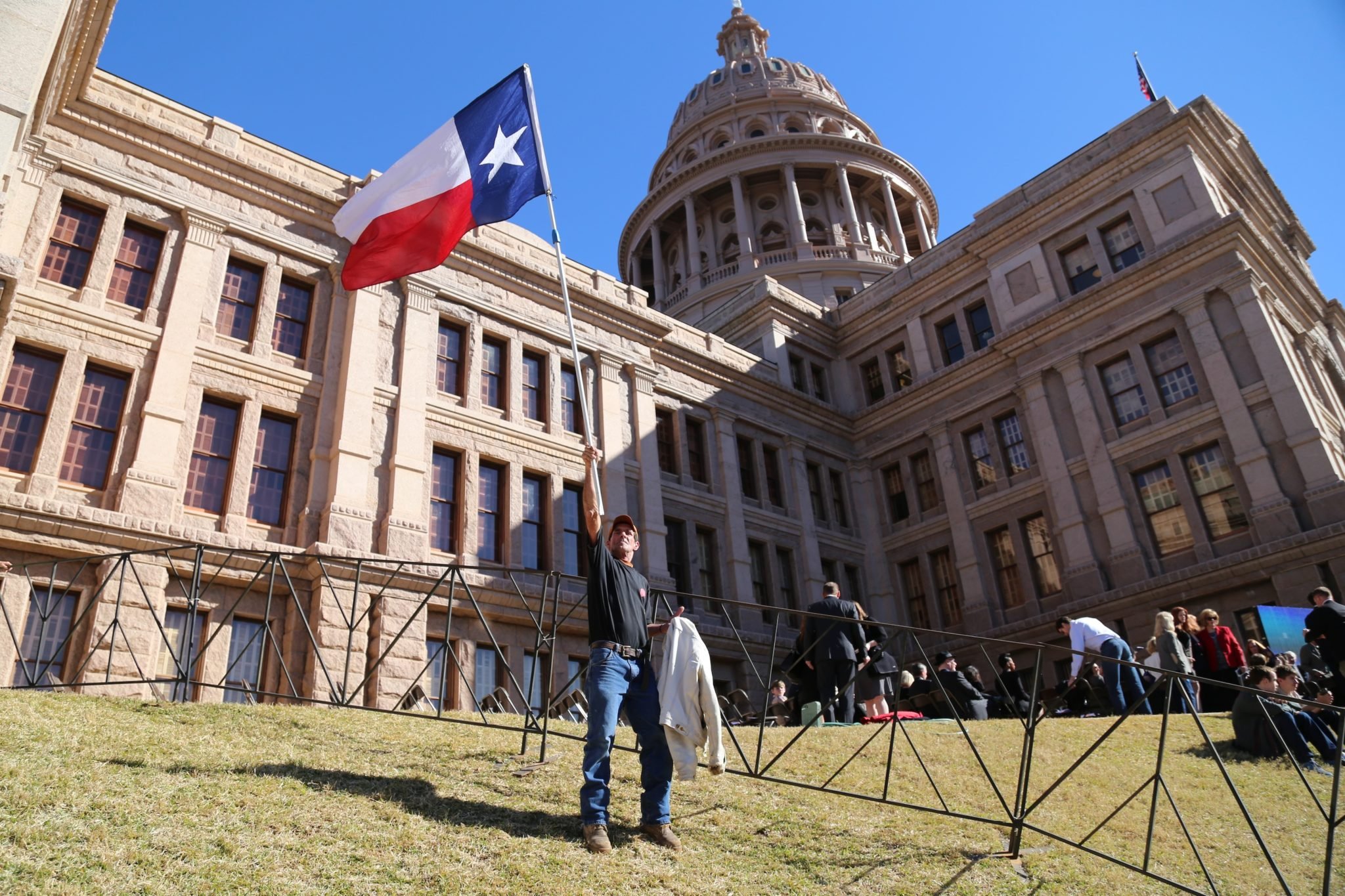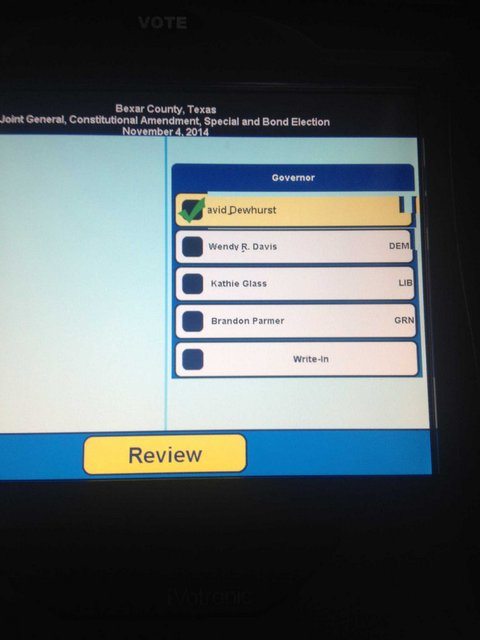The School-to-Prison Pipeline

A version of this story ran in the February 2013 issue.
After the horrific shooting at Sandy Hook elementary school in Newtown, Connecticut, the safety of schoolchildren has become a much-discussed topic everywhere, and Texas is no exception. Texas lawmakers’ ideas for protecting kids at school range from the sensible (restricting military-style assault weapons) to the colossally stupid (arming teachers and other school employees). Lt. Gov. David Dewhurst has even suggested the state pay for teachers to take handgun training courses. That’s ironic, given the massive cuts to public education that the Republican-dominated Texas Legislature—Dewhurst included—enacted in 2011 and seems so reluctant to undo. Who knew that the trick to getting schools more state money was teachers taking up arms?
The gun-control debate, at least in Texas, is largely cosmetic. Texas school districts, if they choose to, can already allow teachers to carry guns in the classroom. And hell will freeze over before the Legislature enacts more regulations on firearms, even assault weapons—any new restrictions will have to come from the federal government. The more likely outcome—and the one that concerns us the most—is Texas bulking up its already sizeable number of school cops.
Most Texas schools are patrolled by armed police officers. While they do provide a measure of protection from, say, a mentally ill person armed with an AR-15, the officers principally concern themselves with criminalizing student behavior. In recent years, Texas school cops have doled out alarming numbers of tickets and criminal charges for minor misbehavior such as cursing, disruption of class and, in the case of one 12-year-old in Austin, spraying perfume on herself. Incidents that in years past would land a student in detention or earn a suspension are now resulting in Class C misdemeanor tickets or arrests that send kids to the juvenile justice system.
In 2010, Texas school cops handed out 300,000 Class C misdemeanor tickets to children as young as 6, according to the advocacy group Texas Appleseed. Several recent studies have confirmed that students sent to alternative education programs or the juvenile justice system have an increased chance of dropping out and ending up in prison. Texas Appleseed calls it the “school-to-prison pipeline,” and it’s become a major problem.
Texas has made an industry of criminalizing schoolchildren. While we too fear for the safety of schools, more police officers isn’t the answer. More cops in schools might increase security a bit—but the likely result would be more Texas kids headed to prison.


